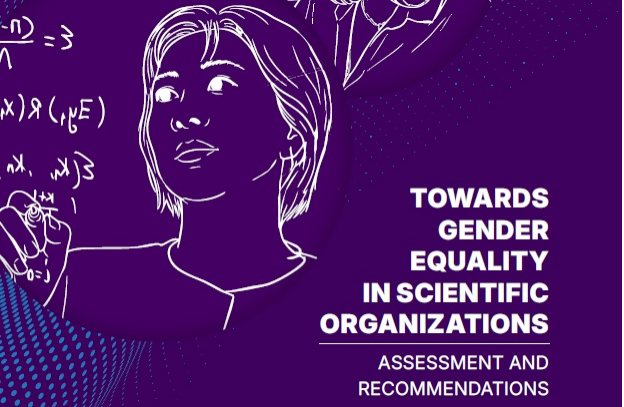Dr. Mateugue Diack, of the University of Gaston Berger, in Saint-Louis, Senegal, one of the leaders of the IRDR International Centre of Excellence in Africa, REAL, spoke at the United Cities and Local Governments congress in Rabat in early October 2014.
A leading academic in his own right, he called on universities to engage more with vulnerable communities and to empower local disaster managers in their efforts to address various daunting challenges. Dr. Diack highlighted a new Master’s programme aimed at “training vulnerable people in vulnerable situations” as a case in point of what more universities should be doing.
“Disaster risk reduction is everyone’s business and risk management is about reaching objectives of saving lives and critical infrastructure. What our university is trying to do is to reach out beyond academia and engage with those decision makers on the ground and to help them in their work,” he said. Dr. Diack outlined how the new Master’s programme would help local disaster managers conceptualize the risk that their communities face, including from economic, geographic, anthropological, and climate change aspects. The course would also focus on the importance of communication. “We need to help people engage better with vulnerable communities and for these leaders to work with local populations in exploring problems through listening and explanation,” Dr. Diack said.
The University of Gaston Berger is part of a 10-strong consortium of African universities working on specific aspects of strengthening local resilience. Led by the University of Stellenbosch, in South Africa, the alliance also includes faculties in Algeria, Ethiopia, Ghana, Kenya, Madagascar, Mozambique, Tanzania, and Uganda. The university is also home to the World Bank funded African Centre of Excellence for Mathematics, Informatics, and ICT.
Dr. Diack was speaking at the United Cities and Local Governments congress in Rabat, Morocco, alongside the Mayor of Tata, Morocco, Molay El Mahdi Lahbibi, and the Mayor of Tevragh-Zeina, Mauritania, Fatimetou Mint Abdel Malick, both of whom are leading lights in the “Making Cities Resilient Campaign”. UNISDR had launched the “Making Cities Resilient Campaign” in May 2010, which now has 1,504 members. The United Cities and Local Governments congress is the world’s largest gathering of mayors and municipality leaders. One of the key messages to emerge from the 3,000-plus participants is that the role of city and local leadership is set to be increasingly important and influential.






